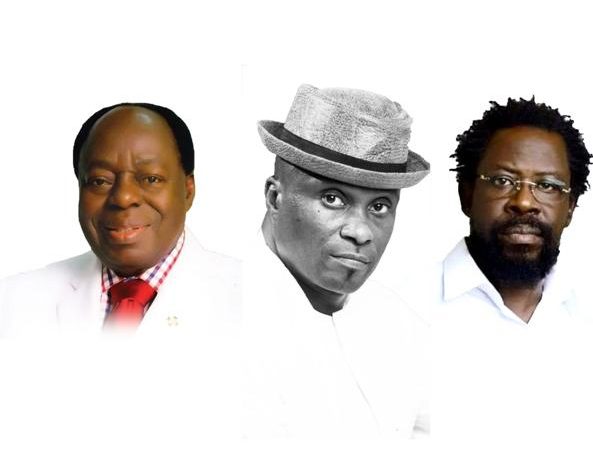
By Chris Enemuo
It is widely acknowledged that various elders contribute significantly to the decline of our society, which has rendered the Nigerian community nearly irretrievable.
The respect and reverence afforded to elders is a valued component of African culture which runs concurrently with the ability to address and penalize malpractice and corruption from all levels.
A pressing question arises: Should we remain passive observers while our elders compromise the very foundations of our society? The response to this inquiry must be an emphatic no. Thus, how can we confront these issues while upholding our societal values?
Recognizing that the youth of today will inevitably assume the roles of elders in the future, it is essential that they do not allow the “mal-culture” of the past to hinder their future eldership.
It is indeed a challenging position for individuals striving to preserve societal integrity while maintaining the dignity and respect that is rightfully afforded to honorable elders. This dilemma gives rise to the concept of the “Doctrine of the Thin Line.”
Doctrine Of Thin Line.
The principle of the thin line is inherently instilled in an African child who upholds the traditional values of boundaries and limitations. This thin line signifies the delicate balance between honoring a deserving elder and appropriately addressing the misconduct of a corrupt elder.
As African children learn to gain respect for themselves, they subconsciously acquire the skills necessary to avoid dishonor as they confront malfeasance and corruption.
For instance, should Farotimi be summoned by the community’s cultural institutions (the people’s court) to substantiate his claims against Chief Afe Babalola, and he is found wanting. Failure to do so would render him accountable for his assertions, necessitating compliance with the consequences, both traditional and otherwise.
Conversely, if Babalola, embodying the spirit of sacrifice, elects to extend forgiveness to Farotimi, it can represent a pivotal moment wherein an elder, through gentle correction, enhances his integrity while simultaneously supporting the psychological transformation desired by conscientious Nigerians.
Taking Advantage Of Sacrifices.
I recognize the burdens carried by Babalola, yet I possess a profound understanding of the sacrifice embodied by Farotimi.
Both Babalola and Farotimi bear their own respective sacrifices. The pertinent question remains: which sacrifice is more aligned with the interests of the Nigerian populace?
While scandals may tarnish an individual’s reputation, pervasive corruption inflicts lasting generational harm.
Nigerians must endeavor to ally themselves with sacrifices that contribute constructively to our collective cause.
To delineate the interests of Nigerians in this particular scenario, it is imperative to scrutinize the intention underlying Farotimi’s allegations, alongside Babalola’s responses and apprehensions.
What does Chief Afe Babalola stand to lose in this situation? His reputation is undoubtedly at stake. However, if reputations could be measured, it appears that Farotimi’s reputation is fittingly positioned to serve as a remedy.
If Babalola has previously engaged in questionable conduct for personal benefits at the expense of Nigerians, those benefits are not currently at risk, except where substances are further compelled against contents should such benefits be questioned, Otherwise, Chief Babalola has only his personal reputation to sacrifice for the sake of the morally starved nation.
In contrast, Farotimi faces considerably higher stakes: should he falter, he risks compromising his integrity, facing incarceration, incurring financial losses, potentially enduring a loss of voice, and, most critically, impeding the revolution.
From a media perspective, the implications arising from this event can profoundly impact the breadth of the country; if Farotimi fails, it would constitute yet another setback for a psychological revolutionary initiative, which serves as a fundamental avenue in the pursuit of change.
Thus, Farotimi’s significant sacrifice functions as a strategic instrument of psychological warfare within the broader ambit of contemporary revolutionary tactics. Consequently, Nigerians must exercise insight regarding their involvement in the ongoing event and future developments.
Barrister Enemuo C.C., Esq.



